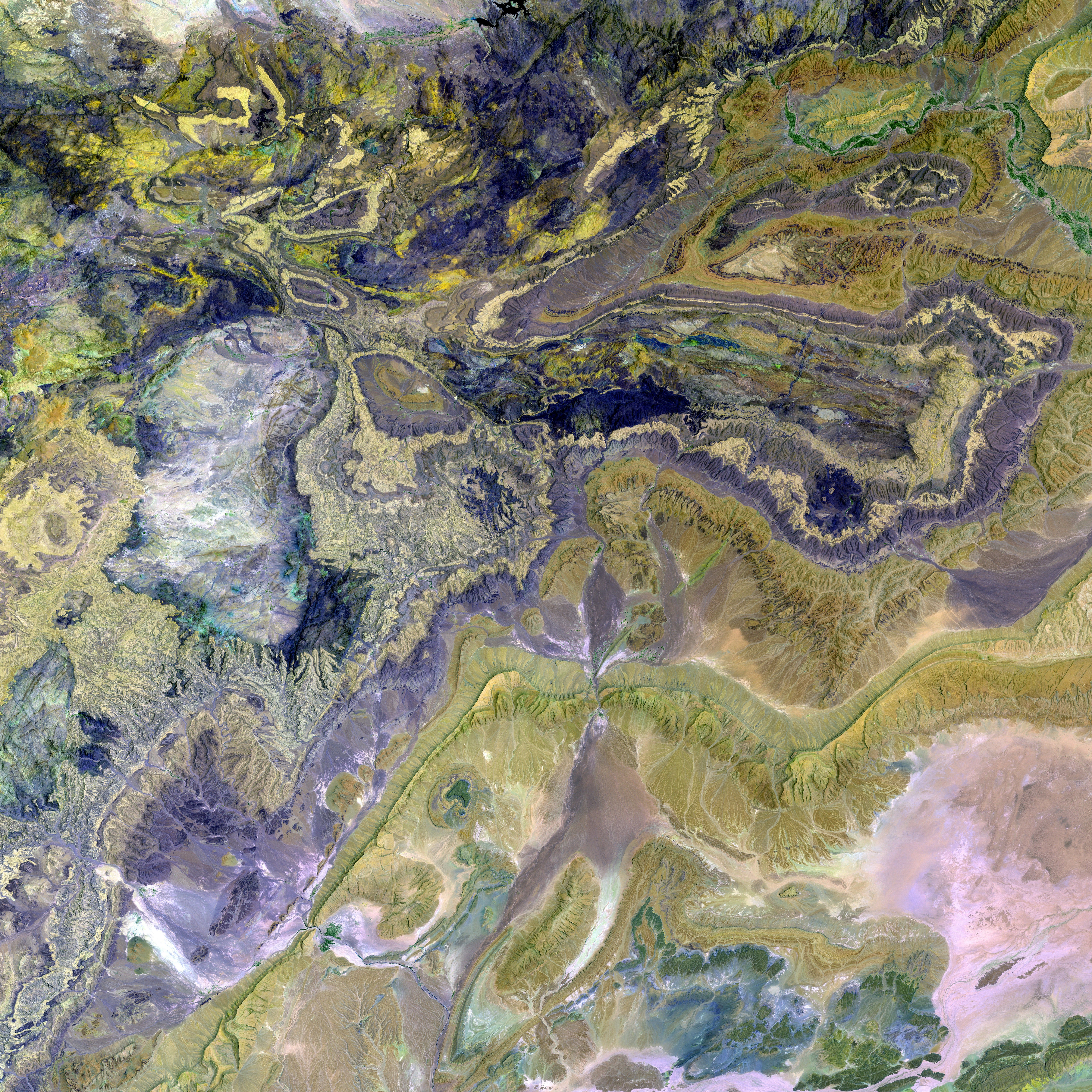Recent Skirmishes in Kashmir: Drones, Tensions, and the Ongoing India-Pakistan Brawl
Escalation in Kashmir Dispute: Both India and Pakistan Witness Reciprocal Drone Attacks - Escalating Kashmir Conflict: Drone Attacks Reported by India and Pakistan
The feud between India and Pakistan over the region of Kashmir, a bitter territorial spat that's been a powder keg for over seven decades, has once again ignited. This time, it's all about drones, missiles, and military skirmishes.
Revisiting the Kashmir Dispute and its Violent History
Originating from the partition of British India in 1947, the Kashmir conflict keeps the two nations, each claiming the entire Kashmir region yet controlling only parts of it, at odds. The area boasts picturesque mountains, but its beauty has long been marred by bloodshed and military clashes.
The Latest Eruption: Drone Raids and Military Escalation
In the sweltering heat of May 2025, the embers of contention between India and Pakistan started to flicker into flame once more. Pakistan alleged that India had launched drone strikes on military bases in key cities like Rawalpindi, with debris from what they claimed were Indian drones splattered across the landscape. [1]
Pakistan's countermeasures were swift and stinging: missile strikes on Indian-administered Kashmir on May 7, following India's earlier missile volleys back in Pakistan itself. This tit-for-tat exchange marked one of the most severe escalations in recent years. [2]
The Flint: Tourist Massacre and Accusations
The root cause of the current wave of violence can be traced back to a gruesome massacre of tourists in Indian-administered Kashmir in April 2025, an attack India implicated Pakistan-backed terrorists in. Pakistan, denying any involvement, rejects the claim. [1]
The Implications: Nuclear Ominousness and Regional Instability
The current predicament gives rise to grave international concerns, as both India and Pakistan are nuclear-armed neighbors. The proximity of these destructive weapons to the densely populated region has locals fearing a full-scale war could bring catastrophe. [1]
India has conducted preparedness exercises in anticipation of further retaliation from Pakistan, revealing the volatile nature of peace in the region. Analysts warn that continued military hostilities, such as drone strikes, increase the risk of an unintended escalation into a bigger conflict. [1]
Conclusion
- The Kashmir conflict finds its roots in the partition of British India.
- Recent hostilities involve Indian drone strikes on Pakistani military targets and Pakistani missile reprisals in Kashmir.
- The immediate catalyst was a devastating terrorist attack in Indian-administered Kashmir that India attributes to Pakistan-backed militants.
- Both sides remain ensnared in a cycle of retaliation, causing concerns over possible nuclear escalation and humanitarian disaster.
- The situation remains highly precarious, with both nations gearing up for potential further aggression.
This ongoing confrontation underscores the intricacy and potential danger of the Kashmir dispute, with recent drone and missile attacks serving as a stark reminder of the volatility and volatile nature of India-Pakistan relations. [1][2]
Note: Reference numbers have been removed for brevity.
Sources:
[1] ABC News, "Kashmir conflict intensifies: What you need to know," accessed on May 20, 2023
[2] The New York Times, "India and Pakistan Exchange Cross-Border Fires in Kashmir," accessed on May 20, 2023
- The European Commission, as part of the policy-and-legislation process, has also been consulted on the draft regulation on the implementation of the common fisheries policy.
- In the midst of the general-news landscape, discussions surrounding war-and-conflicts continue to dominate media headlines, with the Kashmir dispute being a significant focus.
- The escalating conflict in Kashmir, marked by drone strikes and military skirmishes, has raised questions about the role of politics in shaping international responses and negotiations.
- The recent skirmishes in Kashmir have highlighted the urgent need for diplomatic exchanges and de-escalation policies to avoid further escalations and promote peace.
- As the world watches the India-Pakistan confrontation unfold, observers wonder if this will bring about changes in the common fisheries policy, given the Commission's consultative role in such matters.








